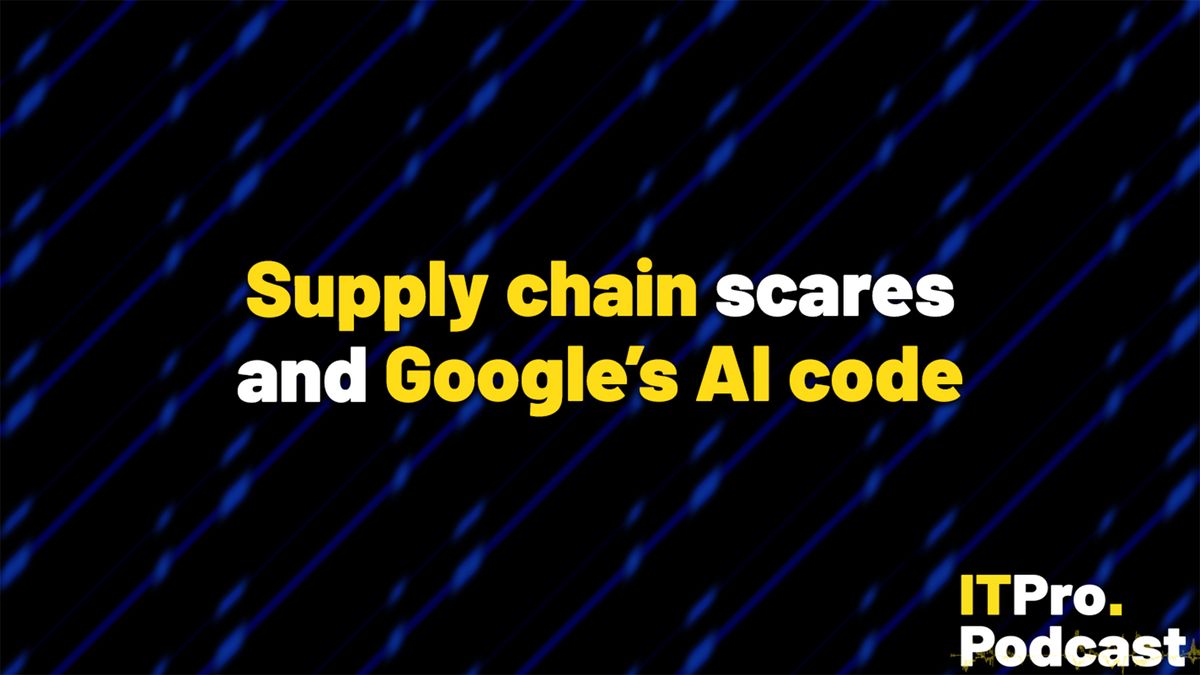November has come to a close, and the depths of winter are just around the corner. But that doesn’t mean events in tech are slowing down at all – nor that attackers are taking an early Christmas break.
In the past month, we’ve seen a slew of cyber incidents, ranging from high-profile exploits of Microsoft vulnerabilities to a ransomware attack on a supply chain software company integral to high-street brands.
Elsewhere, Google CEO Sundar Pichai has hailed the strides his company has made with using AI to generate internal source code – but how far can AI code really go, and does it put software engineers at threat of redundancy?
In this episode, Jane and Rory speak once again to Ross Kelly, ITPro’s news and analysis editor, to unpack some of the most significant stories of November.
Highlights
“It’s turned out to be quite a domino effect type situation here, as you can imagine with a lot of these instances, where hackers were able to access networks lay low for a little while before being discovered, and a lot of lateral movement.”
“Blue Yonder provides software to a range of major brands in the UK and the US, particularly retailers, grocery retailers, Tesco, Morrisons, Sainsbury’s, Asda, and Starbucks, for example. Essentially, the software that Blue Yonder provides helps retailers model demand, respond to market changes, optimize inventory and so, you know, it’s a critical piece of software for a lot of these big brands.”
“The big issue here is that they’re not just creating AI-generated source code and throwing it out there. There’s still going to be some human involvement, some form of testing, some form of quality control and assurance. So it makes for a great headline and, you know, good on you Google, but how many developers are dedicating their time to going over this rigorously and making sure that it’s ship shape?”
Subscribe
Source link
